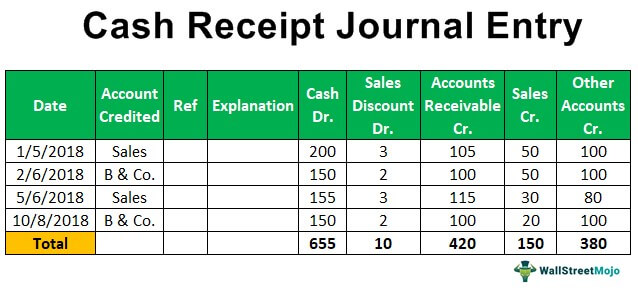2. A landowner in Canada uses his land as collateral to start a solar farm and generate green energy. David, a landowner in Canada, owns a 100-acre plot of land that he bought 10 years ago as an investment. He has not developed the land, and it is mostly vacant and idle. He learns about the growing demand and incentives for renewable energy in his country, and decides to start a solar farm on his property. He contacts a solar company that offers to install and operate the solar panels on his land, and pay him a lease fee based on the energy produced. However, David needs to raise $1 million to cover the upfront costs of the project, such as land preparation, permits, and connection fees. He approaches a bank that specializes in green financing, and offers his land as collateral. The bank conducts a feasibility study and a risk assessment, and agrees to lend David $1 million at a 6% interest rate, with his land as security. The project is completed within a year, and starts generating clean energy and income for David. He also contributes to the reduction of greenhouse gasoline emissions and the promotion of sustainable development in his region.
Like, in the event your home deserves $100,000 as well as payday loans Oxoboxo River the bank provides an enthusiastic 80% LTV proportion, you could potentially acquire as much as $80,000 making use of your property since the guarantee

3. A developer in the Philippines uses his land as collateral to build a mixed-use development and create a vibrant community. Mark, a developer in the Philippines, owns a 5-hectare plot of land that he acquired from a distressed seller. The land is located in a prime area near the city center, but it is underutilized and dilapidated. Mark sees the potential of the land to become a mixed-use development that combines residential, commercial, and recreational facilities. He envisions a project that will cater to the needs and preferences of different segments of the ilies, retirees, and tourists. He also plans to incorporate green and social features, such as energy-efficient buildings, open spaces, and community amenities. He approaches a bank that offers project financing, and proposes his land as collateral. The bank conducts a market analysis and a due diligence, and agrees to lend Mark $50 million at a 10% interest rate, with his land as security. Mark uses the loan to develop the project, and also partners with other investors and stakeholders, such as contractors, architects, consultants, and government agencies. The project is completed within three years, and becomes a successful and attractive development that offers high-quality and affordable living and working spaces, and creates a vibrant and inclusive community.
David uses the borrowed funds to invest in your panels, and you will cues good 20-12 months deal on the solar power company
One of the most important aspects of using your land as collateral is understanding the legal implications of doing so. Land collateral is a type of asset-based lending that involves pledging your land as security for a loan. This means that if you default on the loan, the lender has the right to take possession of your land and sell it to recover their money. However, there are also some benefits and risks associated with land collateral that you should be aware of before you decide to use it. In this section, we will discuss some of the judge considerations of belongings collateral from different perspectives, such as the borrower, the lender, and the government. We will also provide some tips and examples to help you make an informed decision.
1. The value of the residential property. The worth of the land depends on certain facts, for example their location, proportions, status, zoning, industry demand, and you will prospective explore. The financial institution will appraise your residential property and you may designate financing-to-value (LTV) ratio, the portion of brand new land’s well worth they are prepared to give you. The greater brand new LTV ratio, more money you could obtain, but in addition the much more chance you are taking for the. In case the worth of your house decrease or even the industry criteria transform, you could wind up due more than their property will probably be worth, which is sometimes called getting “underwater” on your loan.

